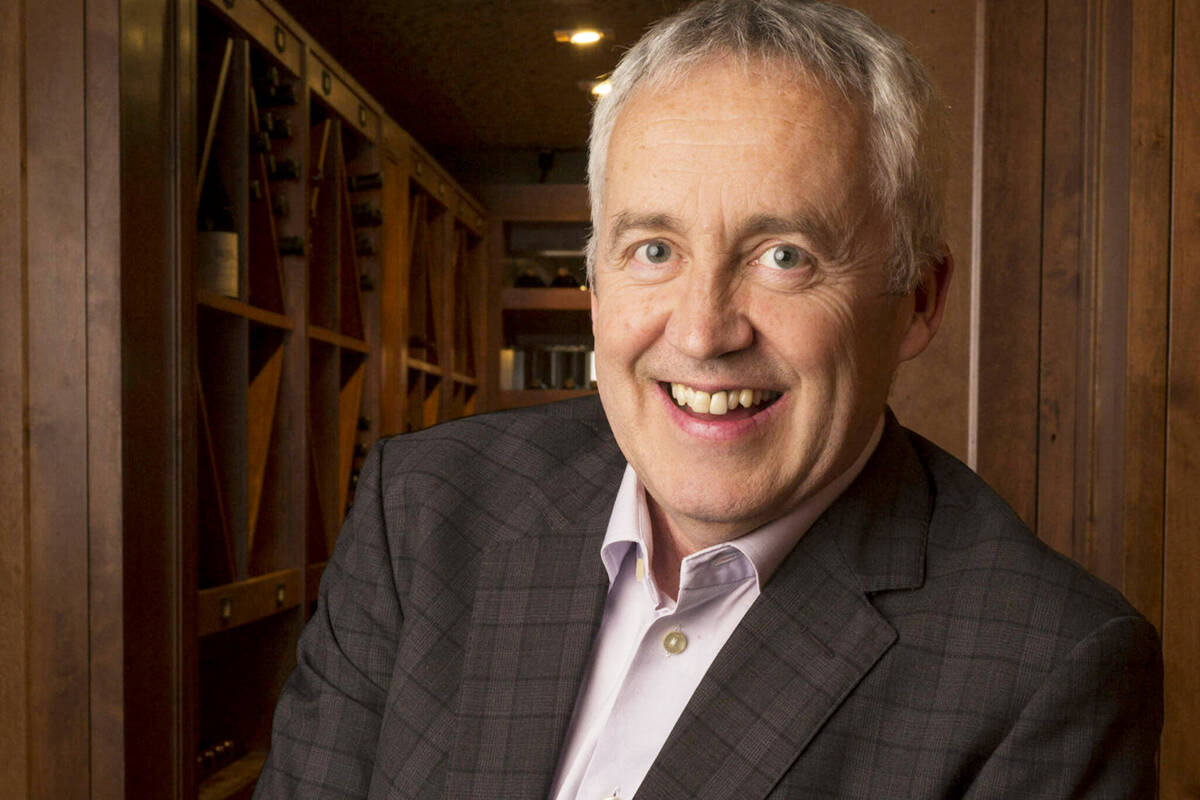Canadians are often portrayed as polite, decent, unassuming, and hard to anger. That characterization is especially apparent compared to our brash noisy neighbours to the south. It was therefore not surprising that the occupation of large sections of our national capital, and the very unneighbourly honking of horns at all hours, was met with widespread disapproval by most Canadians. Angus Reid Institute pointed out that three quarters of Canadians just wanted the protesters to go home.
After all, while the American constitution loudly proclaims the right to “life, liberty, and the pursuit of happiness,” the decidedly more obscure British North America Act (which laid the foundation for Canada) offers up the uniquely Canadian mantra of “peace, order and good government.” And no, there is no “second amendment right to free speech” in Canada, something that convoy organizer Tamara Lich’s legal defenders should probably have googled before embarrassing themselves.
Last week, as police moved in to remove trucks and protesters clogging up the streets of Ottawa, it was easy to fall into the cynical trap of believing that we are becoming more irreparably divided in Canada, just like the warring factions in America. Yet pollsters examining the truck convoys and the imposition of emergency powers point out that Canadians are more worried about radical right wing money stirring up division than they are about any perceived overreach by the government.
What strikes me about the whole “freedom convoy” situation is how incredibly trivial and inane it appears when contrasted to pictures coming out of Russia and Ukraine. No one was shot, no bombs were used by anyone on either side of the protest, and the problem was resolved by dusting off emergency powers in a time-limited way that satisfied most Canadians. It may not have been a shining example of “good government,” but it certainly restored peace and order.
The chilling images of Russia invading Ukraine have cast a permanent shadow over the entire western world, upending seven decades of conventional wisdom that a nuclear armed nation in Europe would never brazenly invade its neighbour. Now, as long lines of cars rush to leave Ukrainian cities in advance of Russian tanks, the world knows what a real freedom convoy looks like. And the images of crowds protesting Putin’s illegal war on the streets of Moscow and Saint Petersburg, at grave personal risk, depict the true cost of freedom.
Just as Canada began to think it had succumbed to nasty political infighting over personal liberties, we were given a world-wide wake up call. As former advisor to Prime Minister Trudeau, Gerald Butts said recently on Twitter, “Extremists want us all in opposite warring camps. It makes us weak and easy to pick off. Don’t give in to those impulses.” He echoed something I recall Trudeau saying on the campaign trail against Stephen Harper in 2015, when the Conservative PM was hated as heartily by some Canadians as Trudeau is now by the freedom convoy diehards. “People who disagree with you aren’t your enemies. They’re your neighbours.” A truly Canadian sentiment we should all celebrate in this increasingly divisive and dangerous world.
Bruce Cameron has been a pollster and strategist for over 35 years, working initially for Gallup Polls, Decima Research and the Angus Reid Group before founding his own consultancy, Return On Insight.

